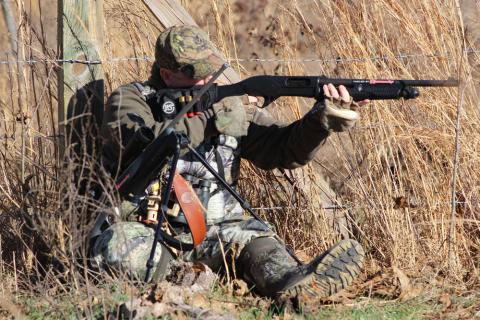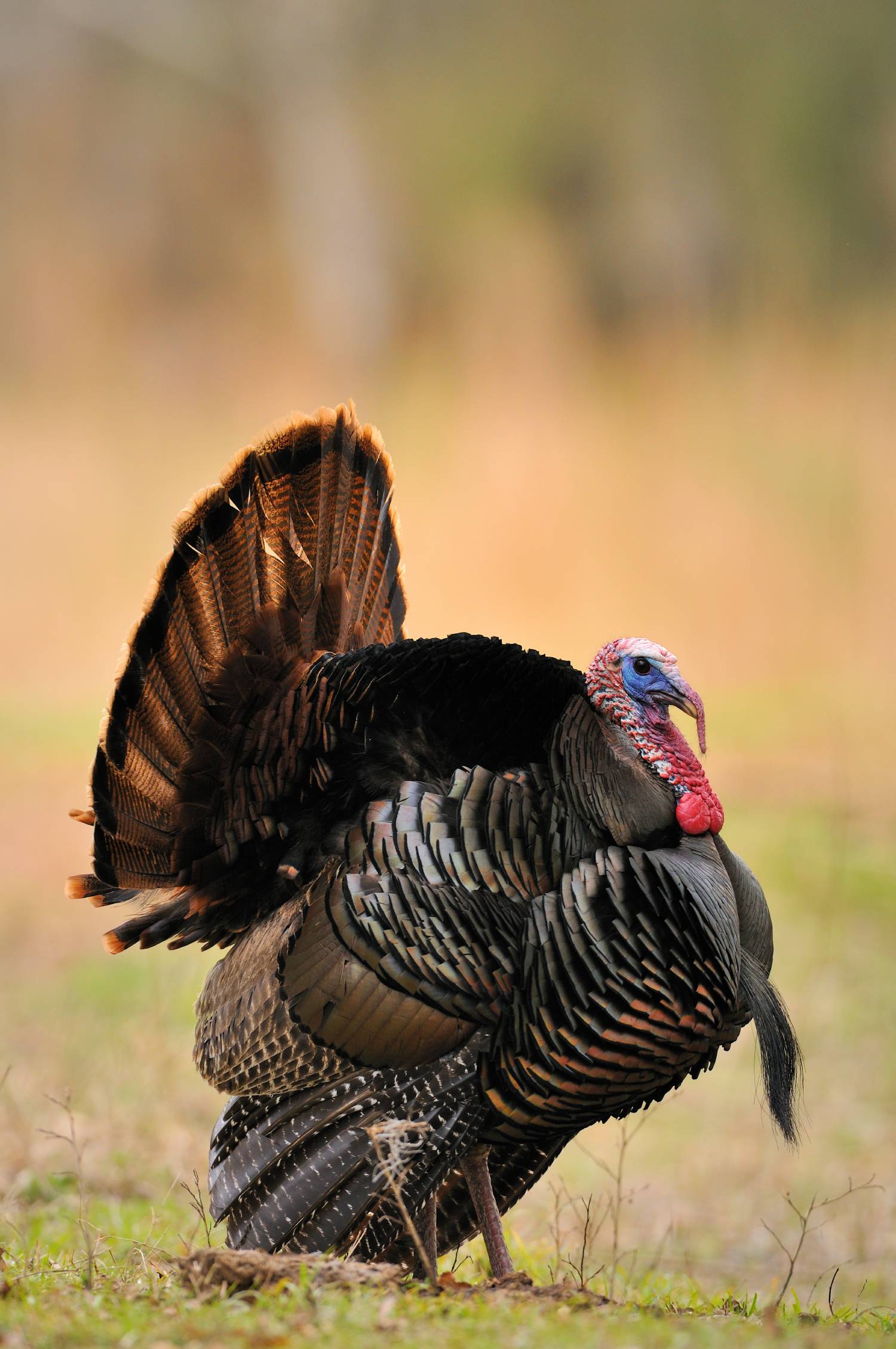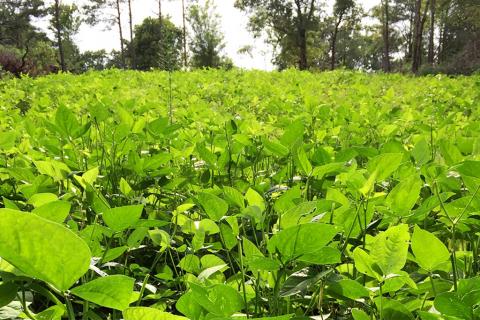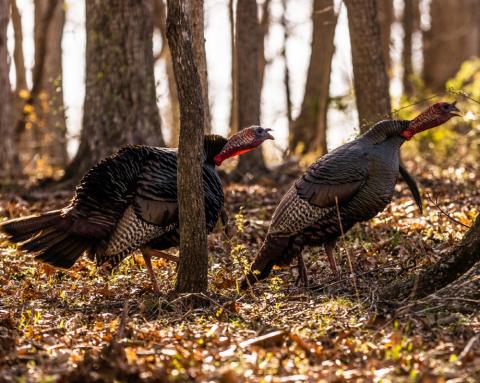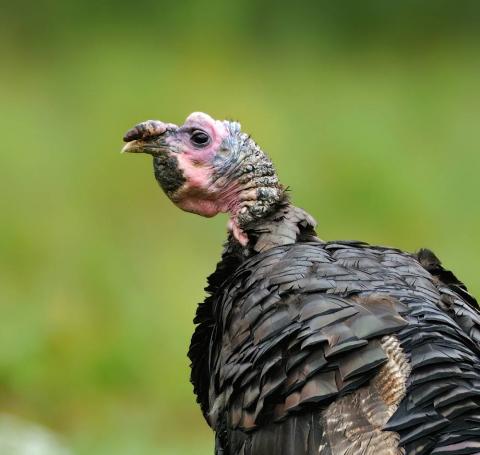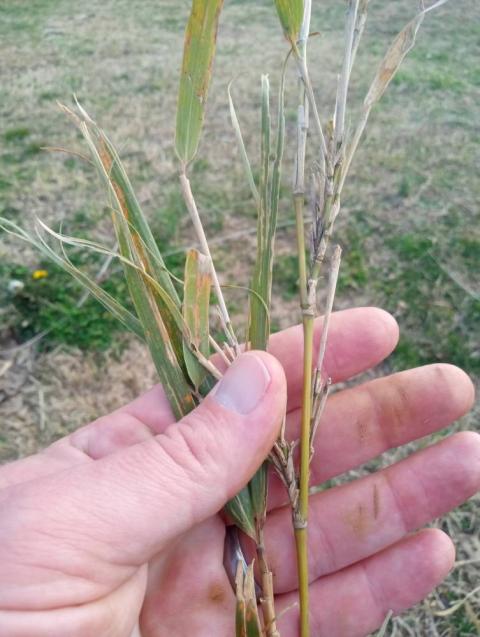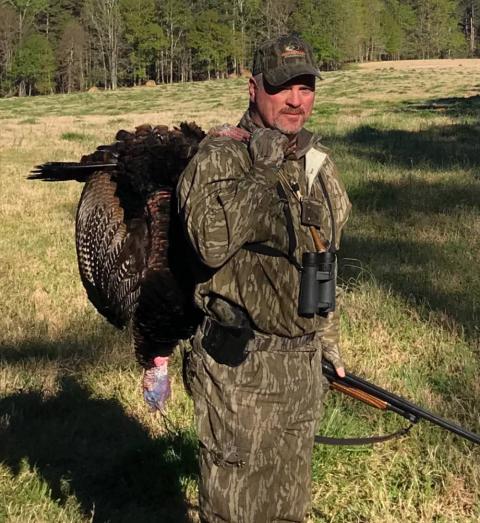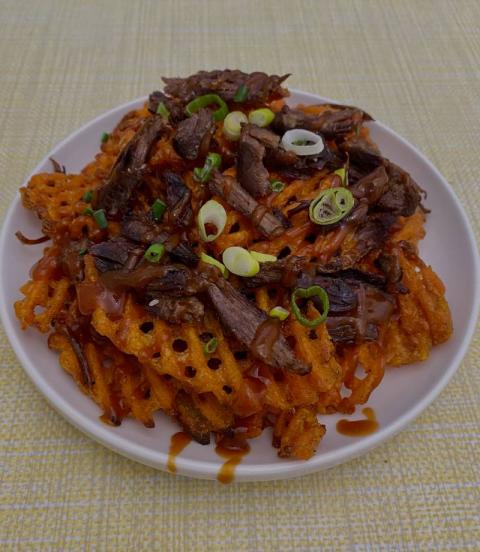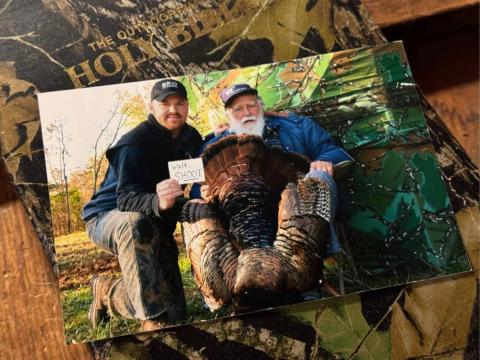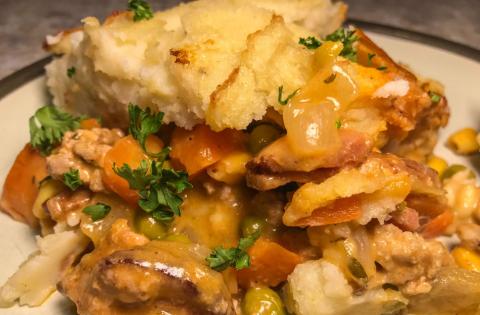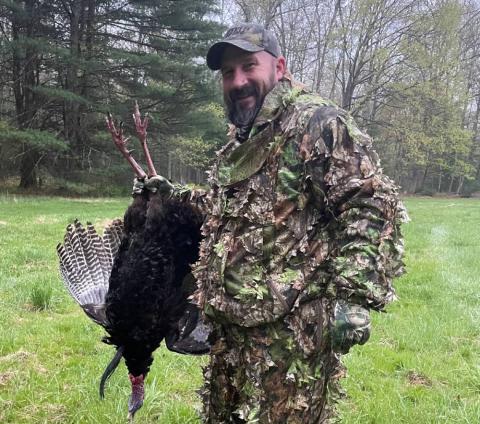
You have to remember, the Bassmaster Classic is the biggest tournament in the whole world of bass fishing. The angler who wins the Classic has his name go down in history. Every bass fisherman in the world dreams of winning the Classic. I’ve been dreaming of it since I was 7 years old. If I win, hoisting that trophy over my head will be the culmination of the biggest dream I’ve ever dreamed.
I graduated from Clemson University with degrees in fisheries and wildlife biology and fished the Bass Fishing League (BFL) in high school and college. The BFL circuit is more or less a weekend angler’s way to fish up to the Forrest L. Wood (FLW) circuit. When I first arrived at Clemson, the university didn’t have a bass fishing team. But with seven or eight other guys, I helped create one. However, I didn’t have the opportunity to fish many national college tournaments.
When I got out of college, I was thinking about going into land management or getting a job with the State as a game warden. I knew I wanted to try and earn a living in the outdoors. However, I always wanted to become a professional bass fisherman. I mainly fished all the local tournaments during my college career and knew I’d have to be extremely lucky and hone my craft as a bass angler if I was to reach my goal of being a professional tournament pro. The land management and game warden jobs were really my back-up plans.
At 23, I decided to fish the FLW Tour events. At that time, FLW didn’t have a full field. I decided I’d go for the brass ring, fish the FLW Tour for one year and see what happened. I only had a mediocre first-year bass fishing professionally. I had some real high points and some mediocre finishes. However, I didn’t fish the entire FLW season that year because I qualified for the BFL All-American, the Classic of the BFL circuit. So, I fished BFL more than I fished the FLW tournaments. Then I qualified to fish on the FLW Tour the next year and decided to fish the FLW Tour one more year, because I’d had some glimpses of success the first year I’d fished it. That second year I qualified for the Forrest L. Wood Classic and finished third. That’s when I decided to make a career of bass fishing. That was my first real pro success to my way of thinking.
 I’ve been married for two years to Amy. I met her in college. She doesn’t have a problem with me being gone all the time at tournaments because she’s gone all the time also. She’s an equestrian coach and has been very active in the equestrian world. Although Amy had several jobs after college that weren’t meant to be her career, Lander University here in Greenwood, South Carolina, had an opening for an equestrian coach. She’s been there for three years. The team, when she took it over, was more or less a club-type sport. But, the team has grown and placed in some of the national competitions since then. Although she has her own horses and rides in shows, now she’s devoting her time primarily to the girls’ equestrian team at the university. She definitely understands what life on the road is all about, and what being a competitive athlete involves. When she goes to shows, the team leaves on Thursday and returns on Sunday. So, her competitions have pre-conditioned her for my being gone in my professional bass-fishing career. I’m excited that Amy will be able to come to the dinner for the anglers at the Classic. But she’ll drive home afterwards because her team is participating in the Collegiate National Equestrian Competition, and Lander University is hosting the event.
I’ve been married for two years to Amy. I met her in college. She doesn’t have a problem with me being gone all the time at tournaments because she’s gone all the time also. She’s an equestrian coach and has been very active in the equestrian world. Although Amy had several jobs after college that weren’t meant to be her career, Lander University here in Greenwood, South Carolina, had an opening for an equestrian coach. She’s been there for three years. The team, when she took it over, was more or less a club-type sport. But, the team has grown and placed in some of the national competitions since then. Although she has her own horses and rides in shows, now she’s devoting her time primarily to the girls’ equestrian team at the university. She definitely understands what life on the road is all about, and what being a competitive athlete involves. When she goes to shows, the team leaves on Thursday and returns on Sunday. So, her competitions have pre-conditioned her for my being gone in my professional bass-fishing career. I’m excited that Amy will be able to come to the dinner for the anglers at the Classic. But she’ll drive home afterwards because her team is participating in the Collegiate National Equestrian Competition, and Lander University is hosting the event.
I know winning the Classic will be difficult because any angler who’s qualified to fish in it has the potential to win.
To learn more about Brandon Cobb visit his Facebook page.














